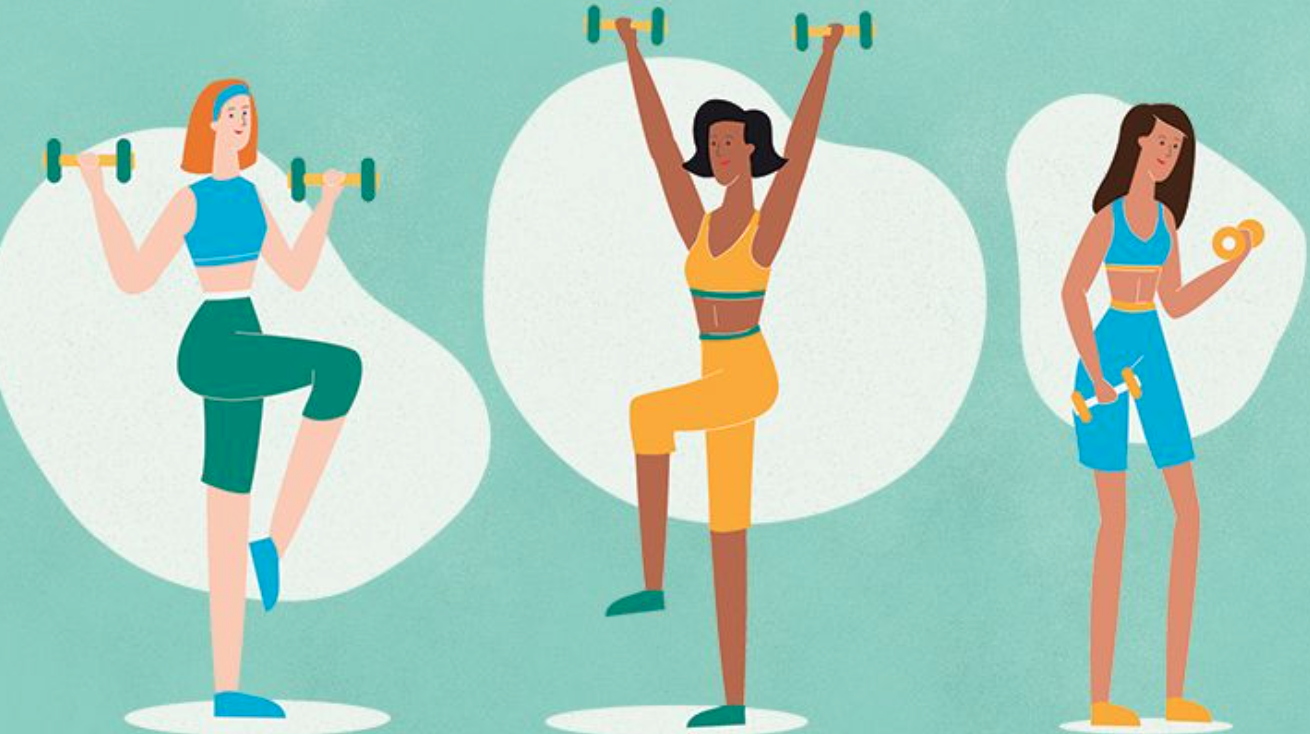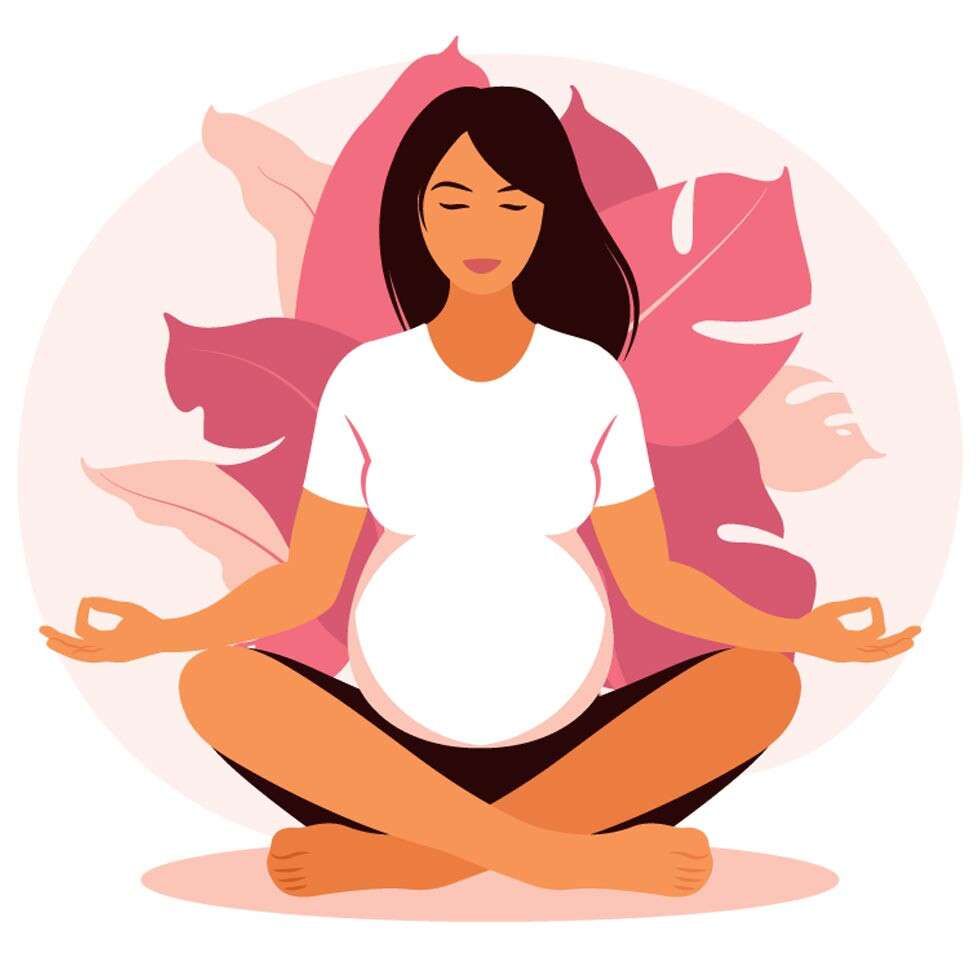Why do we need to rest our bodies?
Rest is essential for mental health, greater focus and memory, a stronger immune system, less stress, a positive mood, and a faster metabolism.
“You can only work so hard and do so much in a day. Everybody needs to rest and recharge.” Forbes magazine.
The month of April is National Mental Health Awareness Month. With the COVID-19 pandemic's stress weighing on people over the last year, it's more important to advocate for mental health resources and daily routines that promote physical, mental, and emotional well-being.
What happens to the human's body when we lack rest?
When a human body is not given enough rest, it becomes hostile. The human body is designed to perform a succession of shorter sprints to survive. This is why taking a short break, even if it's only for a few minutes, can provide you with the energy you need to go through your day. Breaks are brief periods when work, physical activity, or emotional stress are interrupted. They help reduce anxiety, creativity, productivity, well-being, stress reduction, mood improvement, and relationship strengthening.
Resting is challenging to pin down as it entails different things to different people. Any practice that aims to improve one's body or mental well-being is referred to like the rest. It might be active, like going for a walk outside, or passive, like sitting for 10 minutes and breathing deeply. These regular habits will help to recuperate and recharge from physical and mental exertion, regardless of how you choose to rest. As a result, getting more rest is connected to improved physical and psychological health.
On the other hand, sleep is a body-mind condition in which people become detached from their environment.
Sleep is a vital bodily function that affects every system in the body, from cognitive function to immune health. Sleep can assist us in resetting, recovering, and recharging. It is critical for brain function, memory, focus, immunity, and metabolism. Sleep, unlike relaxation, is a must for your body to function. If you don't get enough sleep, your body will push you to sleep, no matter what you're doing.









.jpeg?width=1024&name=B1F39A63-3D91-4B44-959A-0A9A26489B63%20(1).jpeg)

